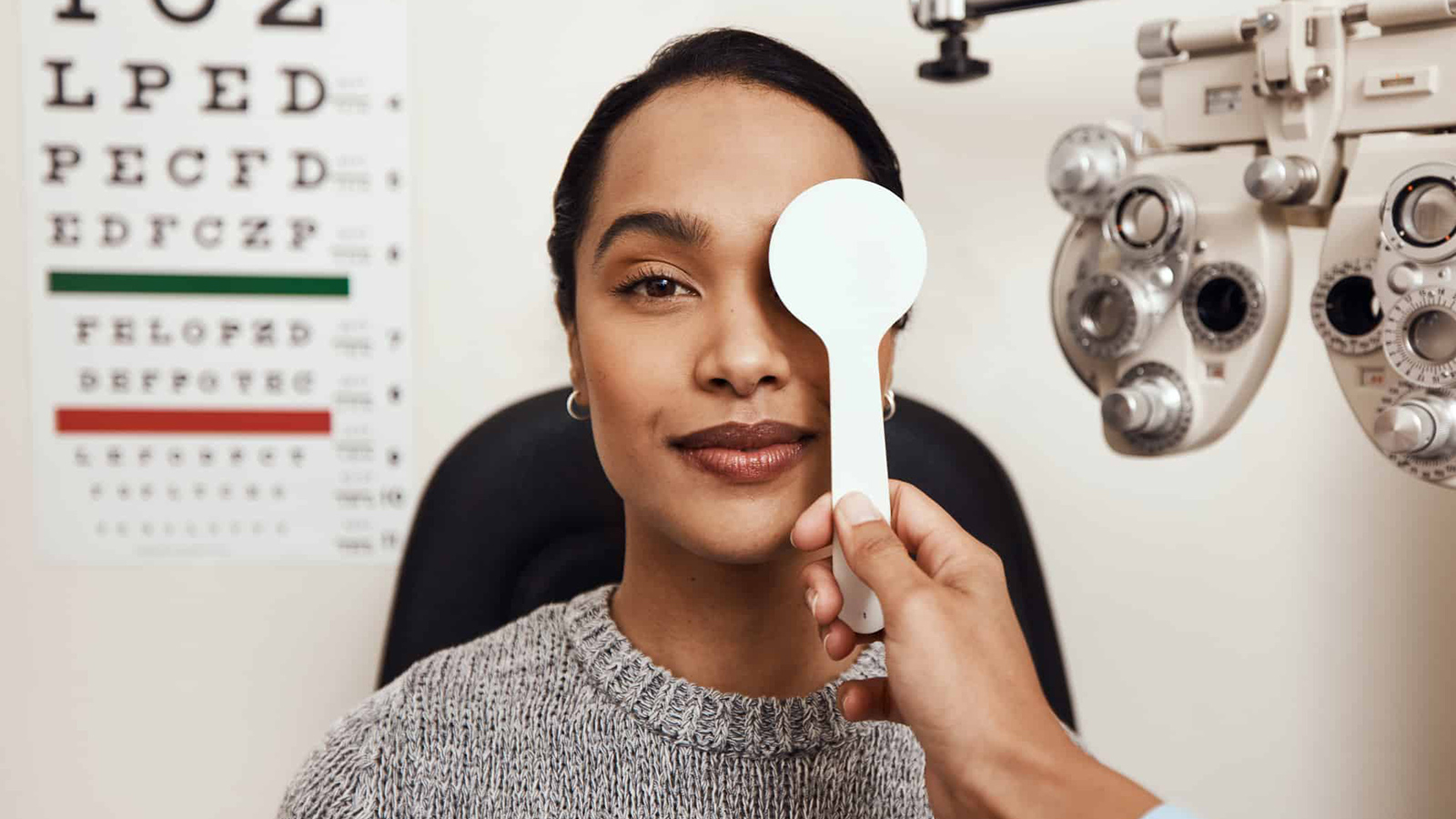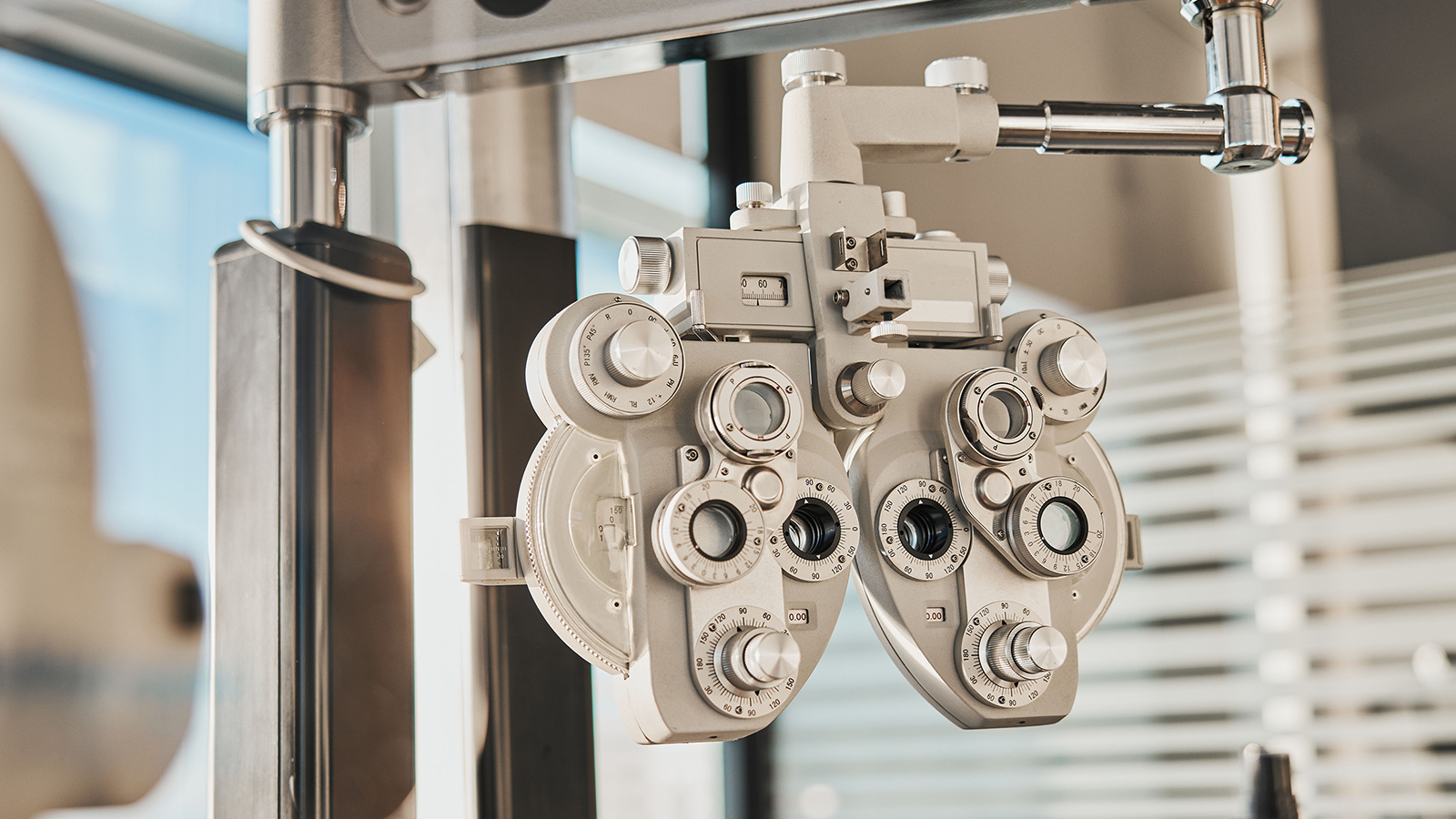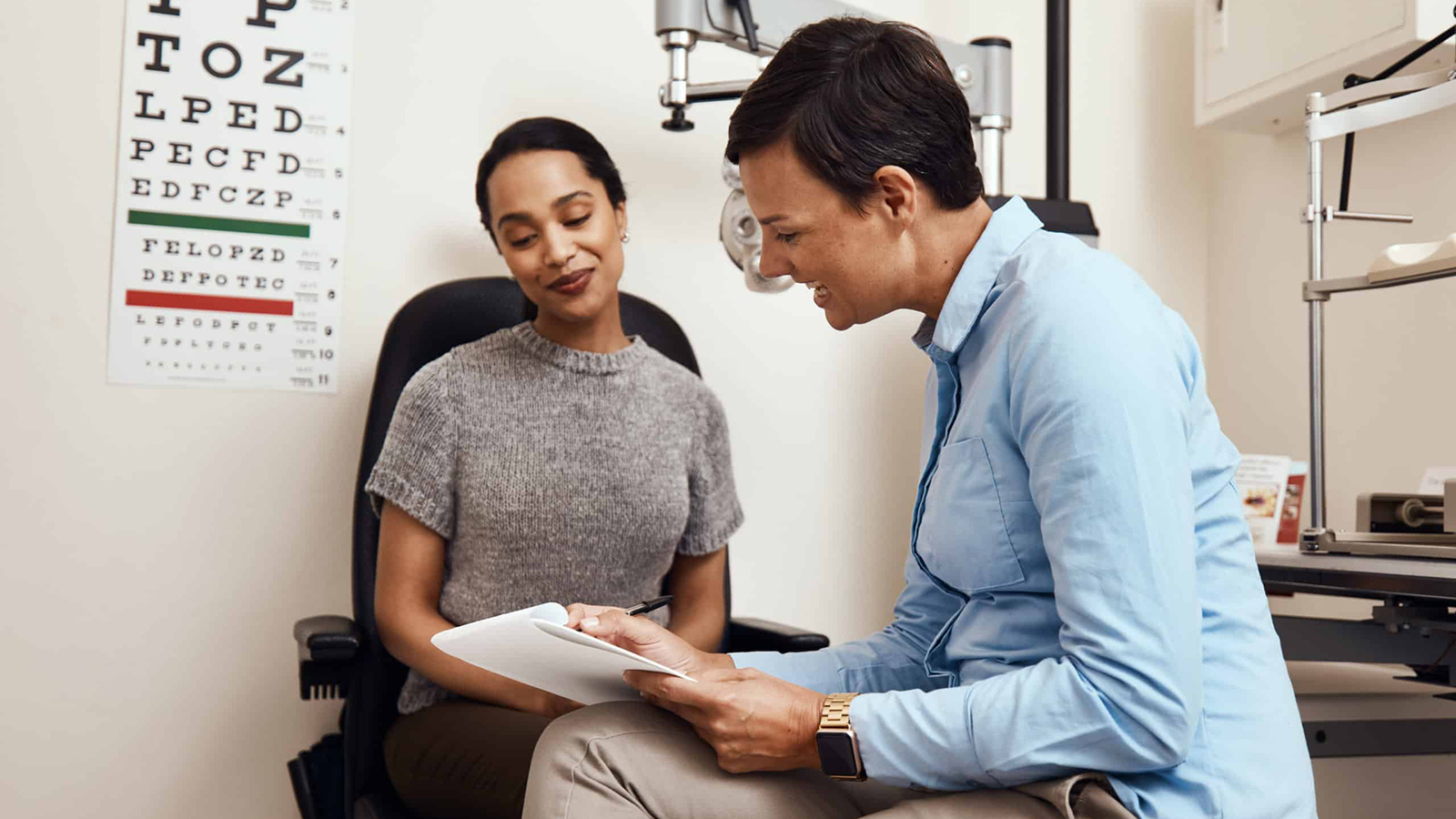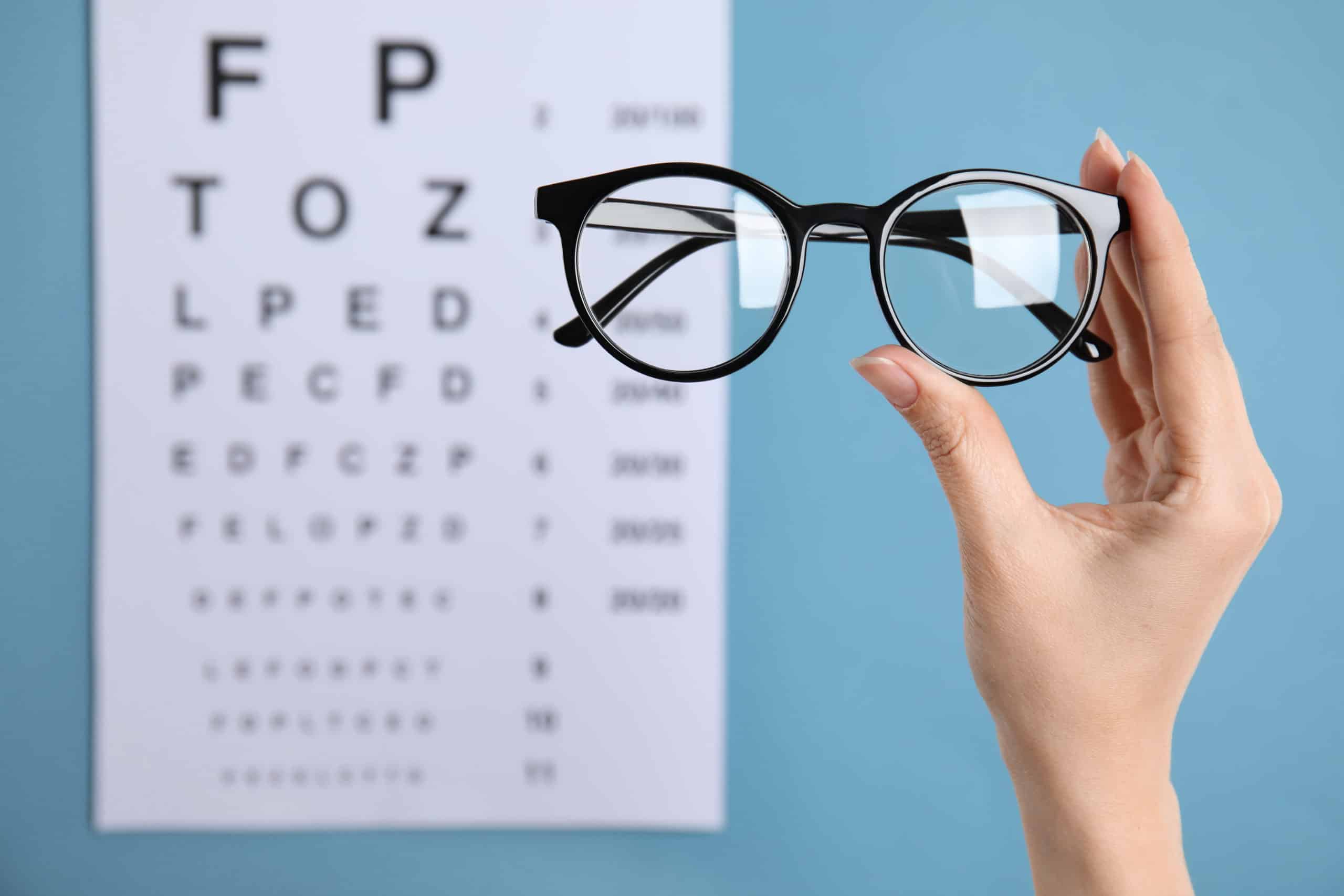How Often Do You Really Need to Have an Eye Exam?
You go to your dentist twice a year, and you never fail to schedule an annual physical, but when was the last time you saw your eye doctor? Eye exams are just as important as any other medical appointment, but we often neglect to schedule them. Does it matter? How often do you really need to have an eye exam, anyway? Read on to find out and learn why eye exams are so important.
How Often Should You Schedule Routine Eye Exams?
For most people, the answer falls between one and three years. Adults between the ages of 18 and 60 should go about every two years, and adults over age 65 should schedule an appointment annually. Children should be seen by the time they’re six months old, again around age three and just before kindergarten, and annually after that. Of course, you might need to be seen more frequently than is common for your age group if you have certain risk factors or wear glasses or contacts.
Routine Eye Exams Help Your Eye Doctor Keep Up with Your Changing Body
As we age, our bodies, including our eyes, change. During the eye examination procedure, your eye doctor will look not just for eye problems but also for problems with the overall health of your body. Many different illnesses cause symptoms that a trained eye specialist can find during an examination of eye issues. And because your eyes are changing, your prescription for glasses or contacts may change as well, and your doctor will need to adjust it accordingly.
Neglecting Eye Exams Can Lead to Bigger Issues
Many health conditions can be treated more successfully when diagnosed early in their progression. Cataracts, for example, may cause no symptoms until they’re hardened and difficult to remove. Cancer is also something you want to catch quickly, and certain types of cancer can be detected when you have regular eye exams. When you see your eye doctor annually, he or she will have a better understanding of your history and your eyes and will, therefore, be more likely to notice when something is wrong. Familiarity with your personal and family history makes your eye doctor better able to diagnose illnesses quickly, in time for them to be treated successfully.





